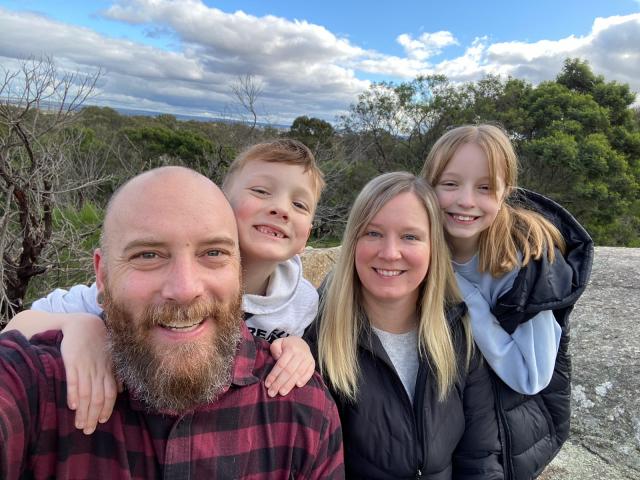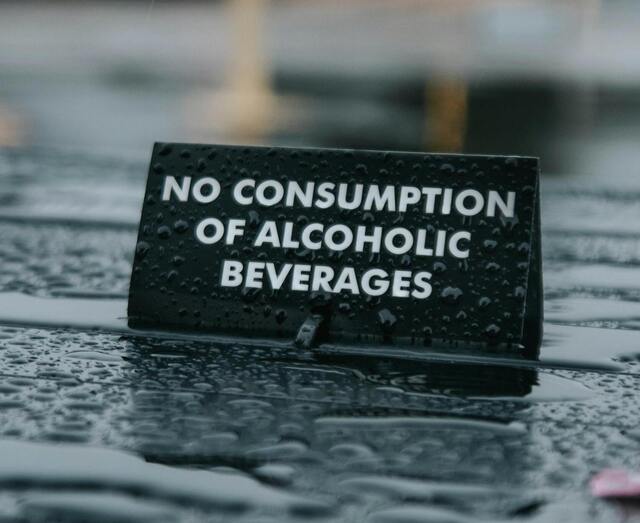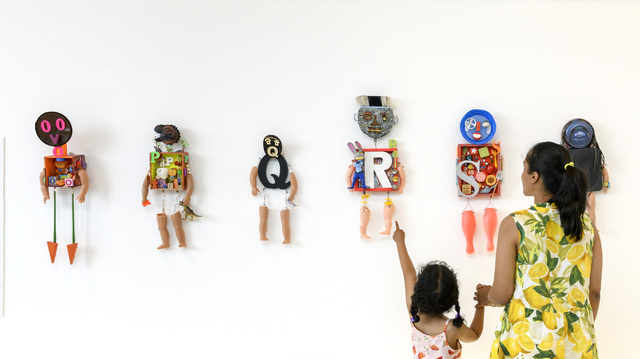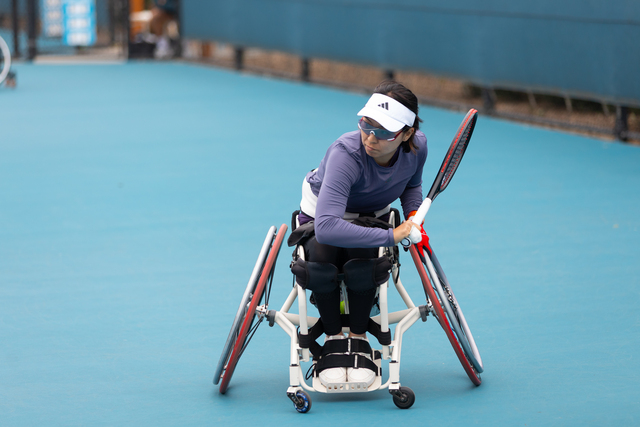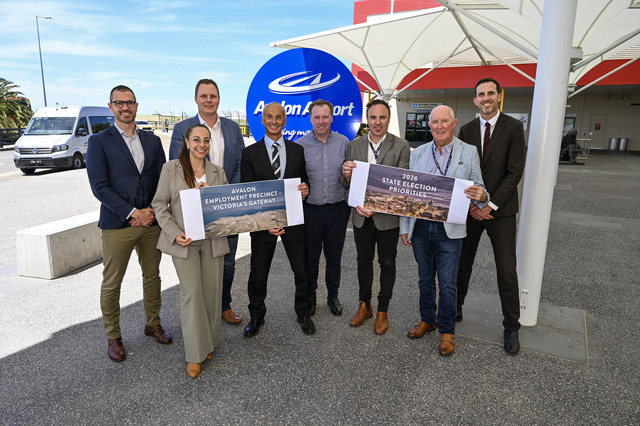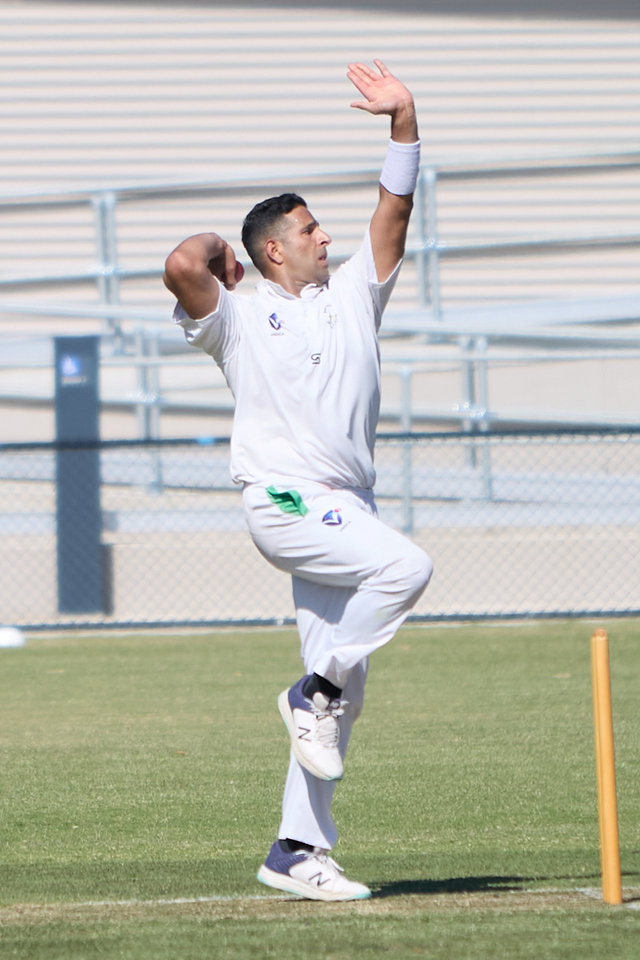Star Weekly has looked back at our editions and picked out a selection of our favourite stories from 2022, including…
It was during breakfast with his kids in November of 2020 when Stewart Grieg heard an unusual sound.
The Werribee resident had woken up that morning to start another normal day working from home.
“My ear made a noise similar to a metal pole dropping on concrete, which rang out really sharply,” he said.
“I sat down on the couch and it happened again as I was talking, and sort of echoed the last word I’d said in my ear, which was very very odd.”
The father of two began to rock backwards and forwards, prompting him to believe he was having a seizure.
“I was alert, I could see my body shaking but I wasn’t doing it,” he said.
“I couldn’t talk, my mouth just wouldn’t work, I was trying to talk but nothing was coming out.
“It was at that point that I knew I was having a stroke.”
Mr Grieg had attended a stroke safe talk, knew the signs and was able to recognise them in himself.
“I was lucky enough to be able to shout the word stroke. I used every part of my being to spit out that word out of my mouth, enough that my wife understood what I said,” he said.
“She was able to call triple-0 and get on to the operator very quickly.
“In that time, I was sitting next to my five and seven year-old, obviously it was extraordinarily traumatic for everyone, we were all quite upset because we knew something very significant was happening to me.”
An ambulance made it to Mr Grieg within four minutes and scans at Werribee Mercy confirmed a clot had gotten into his brain, causing the stroke.
“I was then taken to the Royal Melbourne Hospital, where I received clot busting drugs,” he said.
“The clot was able to be busted in time and caused no noticeable deficit, I’ve got everything with me, which I count myself extraordinarily lucky for.”
Since then, Mr Grieg has been a volunteer for the Stroke Foundation, travelling across the western suburbs to spread the message around the signs of stroke.
FAST, is a nationally recognised acronym to identify the signs of a stroke.
“F for face, around sort of facial drop, A is for arms around paralysis in arms, S is for speech, T is for time, and that’s the thing we really need to push to make people understand the signs of stroke,” Mr Grieg said.
“Stoke is a significant killer in this country and is one of the leading causes of disability…it kills more men than prostate cancer and more women than breast cancer.
“It absolutely impacts young people, 25 per cent of strokes impact people of working age and over 600 strokes a year occur to children and young people, including infants and babies.
“Those stats are really heavy, but…there’s a stat that’s really important to remember which is…80 per cent of strokes are preventable.”
Mr Grieg encourages people to take their health seriously, go to the doctors for check ups regularly, eating balanced, partake in exercise and movement.
Mr Grieg also stresses the importance of checking in on loved ones who have experienced something similar.
“Mental health as a result of trauma is really important too…we can’t do that alone either,” he said.
“I had friends and family lean in and support me, my beautiful wife, my dad and my best mate, they called me every single day to help me through some of those real dark spots.”
National Stroke Week 2022 runs from August 8-14 and aims to push the importance of recognising the signs of a stroke.

